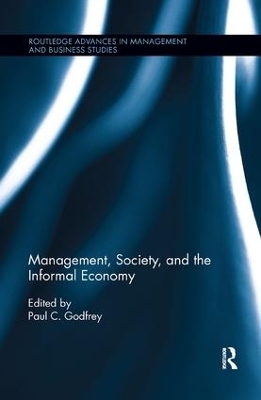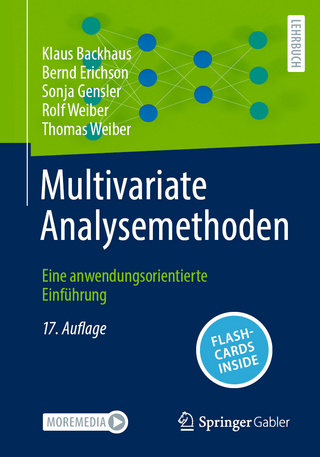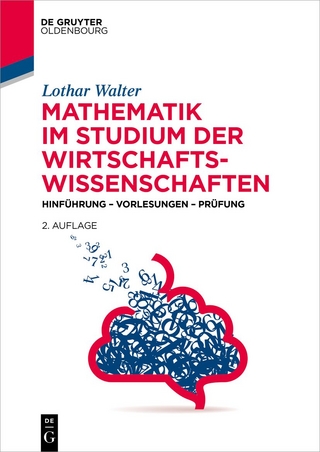
Management, Society, and the Informal Economy
Routledge (Verlag)
978-1-138-61781-0 (ISBN)
Informal economic activity, defined as exchanges made by individuals and organizations in extra-legal or non-bureaucratic contexts, represents a significant and growing share of global economic activity. The informal economy brings to mind images of street vendors in markets and bazaars throughout the developing world; indeed, informal economic activity ranges from 25-75% of economic activity, depending on the country under study. Informal activity also includes "under the table," or "off the books" business in the developed world, such as informal labor arrangements in child care, construction, or home cleaning in the United States or Western Europe.
What many fail to realize, however, is the increasing presence of informal economic activity in the developed world’s largest corporations and most innovative entrepreneurial ventures, such as technology development work in Silicon Valley, open source software agreements, or employment arrangements between "technology stars" and firms.
Management, Society, and the Informal Economy brings to light the role of the informal economy in the 21st century. The book does more than illuminate, however – it also calls for increased focus on the informal economy by management scholars. Each chapter contains a call to action, as well as practical and methodological advice for scholarship on the topic.
Management, Society, and the Informal Economy contains a multi-faceted set of arguments, descriptions, and illustrations designed to convince management scholars that they should attend to the informal economy and view it as a serious and rigorous context for theorizing, empirical research, and even practical advocacy.
Paul Godfrey is the William and Roceil Low Professor of Business Strategy and Organizational leadership at the Marriott School of Business, Brigham Young University, USA
List of Figures and Tables 1. Introduction: Why the Informal Economy Matters to Management Paul Godfrey Part 1: Theory and the Informal Economy 2. Laying the foundation for a Theory of Informal Adjustments Justin Webb and Duane Ireland 3. Communication, Visibility, and the Informal Economy: A Framework for Future Research Craig Scott and Müge Haseki 4. Organization and Contract in the Informal Economy Bill Schulze and Paul Godfrey 5. Comparative Economic Organization Revisited: Hybrid Governance in the Informal Economy Paul Godfrey and Robb Jensen 6. Factors Influencing the Registration Decision in the Informal Economy Brad Skousen and Joe Mahoney Part 2: Empirical Research in the Informal Economy 7. Healthcare in the Informal Economy Ginther and Anita McGahan 8. Informal Firms in China: What Do We Know and Where Does the Research Go Xiaodong (Michael) Yu and Gary Bruton 9. Subsistence Entrepreneurs and Formal Institutions: Semi-formal Governance among Ghanaian Entrepreneurs Paul Godfrey and Gibb Dyer 10. An Individual’s Unique Identity as a Missing Link in Research on the Informal Economy: Learning From India’s Aadhaar Project Vijay Sathe and Urs Jaeger 11. Informal Financial Services: A Proposed Research Agenda Les Dlabay List of Contributors Index
| Erscheinungsdatum | 21.08.2018 |
|---|---|
| Reihe/Serie | Routledge Advances in Management and Business Studies |
| Zusatzinfo | 8 Tables, black and white; 2 Illustrations, black and white |
| Verlagsort | London |
| Sprache | englisch |
| Maße | 152 x 229 mm |
| Gewicht | 312 g |
| Themenwelt | Mathematik / Informatik ► Mathematik ► Finanz- / Wirtschaftsmathematik |
| Sozialwissenschaften ► Soziologie ► Mikrosoziologie | |
| Wirtschaft ► Betriebswirtschaft / Management | |
| Wirtschaft ► Volkswirtschaftslehre | |
| ISBN-10 | 1-138-61781-4 / 1138617814 |
| ISBN-13 | 978-1-138-61781-0 / 9781138617810 |
| Zustand | Neuware |
| Haben Sie eine Frage zum Produkt? |
aus dem Bereich


